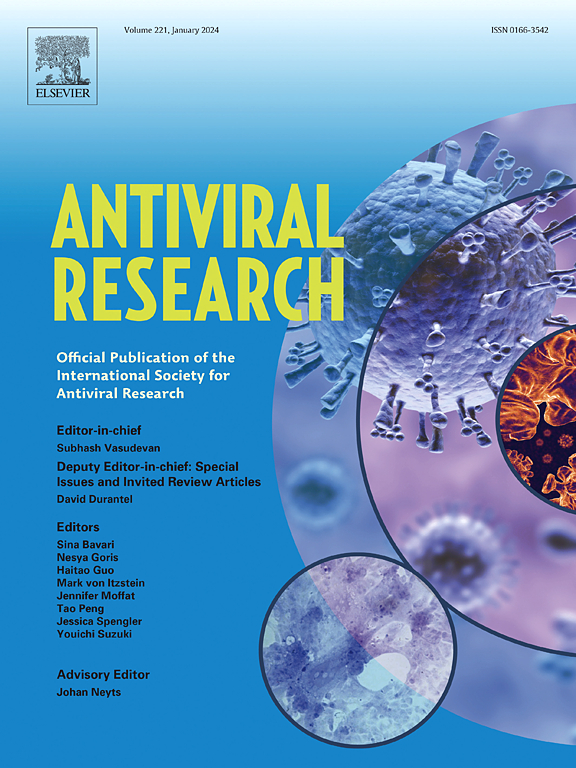Construction of exosome-loaded LL-37 and its protection against zika virus infection
Abstract
Zika virus (ZIKV) is an enveloped, single-stranded and positive-stranded RNA virus of the genus Flavivirus in the family Flaviviridae. ZIKV can cross the placental barrier and infect the fetus, causing microcephaly, congenital ZIKV syndrome, and even fetal death. ZIKV infection can also lead to testicular damage and male sterility. But no effective drugs and vaccines are available up to now. Previous studies have shown that the cathelicidin antimicrobial peptide LL-37 can protect against ZIKV infection. However, LL-37 is a secreted peptide, which can be easily degraded in vivo. We herein constructed exosome-loaded LL-37 (named LL-37-TM-exo and TM-LL-37-exo) using the transmembrane protein TM to load LL-37 onto the membrane of exosome. We found that exosome-loaded LL-37 could significantly inhibit ZIKV infection in vitro and in vivo, and LL-37-TM-exo had stronger antiviral activity than that of TM-LL-37-exo, which could significantly reduce ZIKV-induced testicular injury and sperm injury, and had broad-spectrum antiviral effect. Compared to free LL-37, exosome-loaded LL-37 showed a better serum stability, higher efficiency to cross the placental barrier, and stronger antiviral activity. The mechanism of exosome-loaded LL-37 against ZIKV infection was consistent with that of free LL-37, which could directly inactivate viral particles, reduce the susceptibility of host cells, and act on viral replication stage. Our study provides a novel strategy for the development of LL-37 against viral infection.





